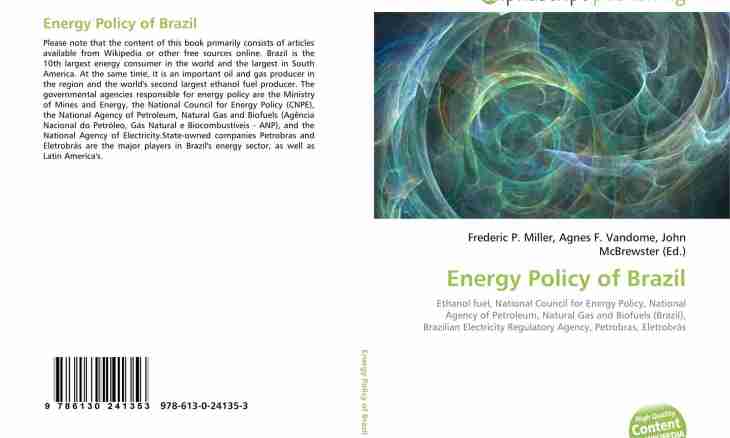As internal energy of gas is the sum of all kinetic energy of its molecules, to measure it directly, it is not possible. Therefore for its calculation use special formulas which express this size through such macroscopic parameters as temperature, the volume and pressure.
It is required to you
- Thermometer, manometer, tight cylinder, scales
Instruction
1. It is authentically possible to calculate internal energy of gas only when its state is close to ideal. Then it is possible to neglect potential energy of interaction of its molecules. Practically all gases at the room temperature have the properties similar to ideal gas.
2. At first define a chemical formula of gas which internal energy is calculated. Measure the mass of gas by means of scales in grams. For this purpose weigh at first the empty cylinder and then filled with gas, the difference of their masses will be equal to the mass of gas. By means of Mendeleyev's table find his molar weight in grams on mol. By means of the thermometer take gas temperature. If the scale of the thermometer is graduated in degrees Celsius, transfer it to Kelvins. For this purpose to the received value add 273. Calculate internal energy of gas. For this purpose divide the mass of gas into molar weight. Increase the turned-out result by value of temperature and number 8.31 (universal gas constant), then increase by number of degrees of liberty of a molecule of gas and divide into 2 (U=m/M • (R•T) • i/2). The quantity of degrees of liberty for one-atomic gas is 3, for diatomic molecule 5, and for polyatomic molecule 6. It is connected with features of the movement of each of molecules.
3. If there is no opportunity to take gas temperature, but also its volume and pressure are known, calculate its internal energy through these sizes. For this purpose measure the mass of gas, its molar weight and learn a chemical formula. Express volume in m³, and pressure in Pascals. Calculate internal energy of gas, having multiplied number of degrees of liberty of a molecule of gas, value of its weight, pressure and volume, and divide result into 2 and value of molar mass of gas (U = i· m·P·V / (2 · M)). Generally change of internal energy of gas is equal to the difference of the work received by it from the outside of warmth and performed ΔU=Q-A.

